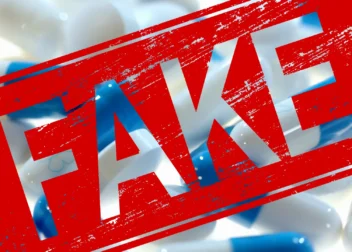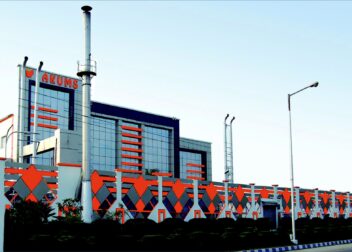Investing in strengthening pharmacovigilance in Angola
Source: WHO
To guarantee access to quality medicines and improve drug assistance to the population, Angola has been carrying out a series of initiatives that include the creation and approval of policies that guide pharmacovigilance, strengthening the supervision of the sale and consumption of medicines, as well as the implementation of the system of single and reliable purchases of medicines, with the support of strategic partners, including the WHO.
According to the Secretary of State for the Hospital Area, Dr Leonardo Europeu, who spoke during the 2nd National Pharmacovigilance Meeting, Angola is working to strengthen the medicines regulatory system and guarantee quality medicines for the population.
“Pharmacovigilance is a fundamental tool for ending counterfeit medicines and microbial resistance. That’s why the Ministry of Health, with the support of the WHO, is carrying out a series of reforms to strengthen the technical capacity of the Medicines Regulatory Agency (ARMED) “. He added that “the reinforcement of ARMED’s capacity will favour, among other actions, the supervision of the sale and purchase of medicines, which are crucial for the protection of populations and the achievement of the Sustainable Development Goals for Health”.
Intending to take stock of the actions carried out during the year, analysing the strategies, harmonising the actions implemented, and stimulating dialogue and exchange to make its commitments operational, the Medicines Regulatory Agency (ARMED) held the 2nd Annual National Pharmacovigilance Meeting in Benguela province, with the participation of the leading health partners.
On the occasion, the WHO Representative in Angola, Dr Humprhey Karamagi, who was invited to speak on “WHO Guidelines for Pharmacovigilance Priorities in Africa”, said that as countries implement health services for their populations, they must create the capacity to monitor their introduction, use, as well as the possible consequences and impact on people’s lives, which ARMED will be able to achieve successfully with the support of the WHO.
“The WHO is present, supporting countries so that the health services they implement produce the necessary results for the well-being of the population, which we propose to continue to do in Angola together with ARMED. In its work, the WHO has been supporting Member States, including strengthening the capacity to report suspected adverse reactions to medicines, which is crucial to guaranteeing the protection of people’s health.”
The 2nd National Pharmacovigilance Meeting, organised by ARMED with the support of the WHO, was attended by technicians from MINSA, the provincial government, professional associations, partners, the military and public order services, and international organisations.
Among the main results of the meeting were an assessment of the current context of the national pharmacovigilance system and the collection of suggestions for defining revitalisation priorities, raising awareness of the magnitude of the drug safety problem, analysis of the impact of pharmacovigilance on promoting safety and quality in health services, among others.



